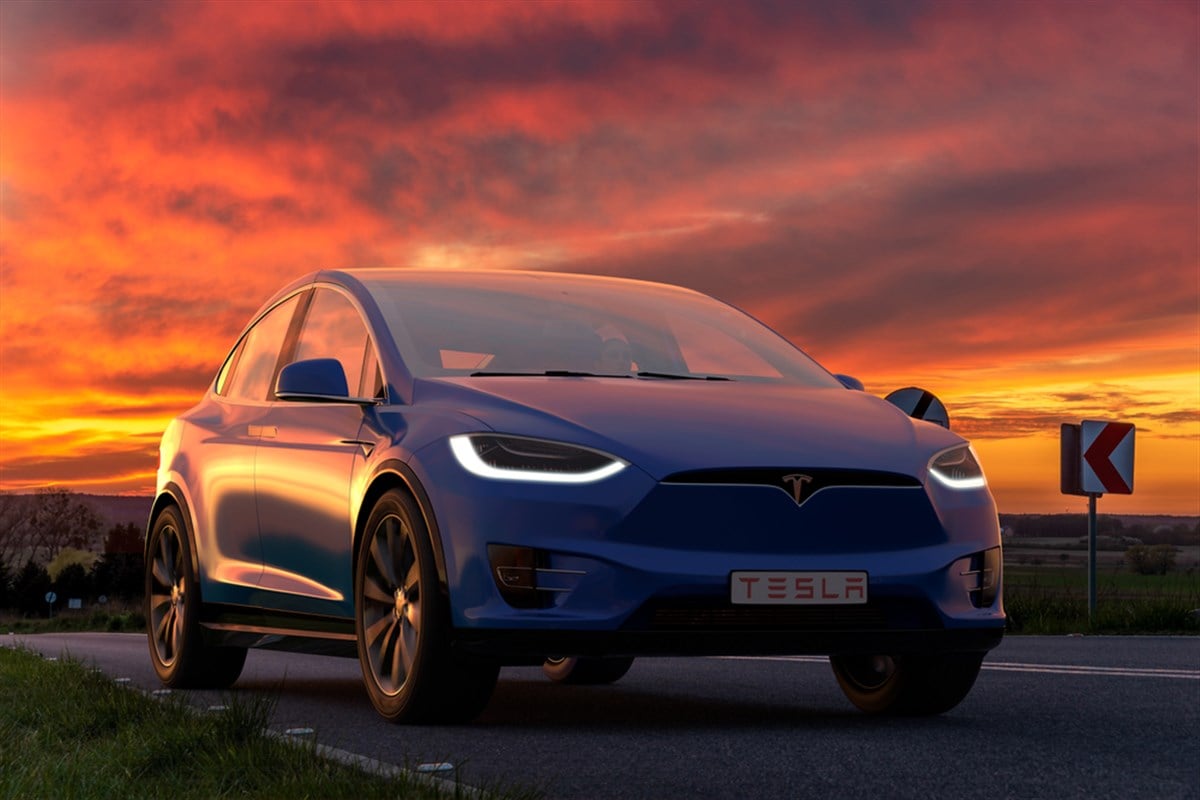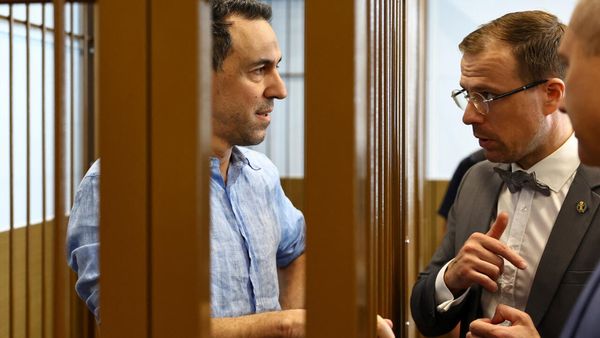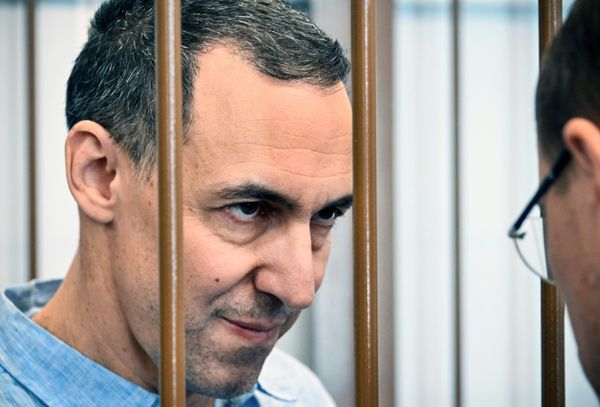
Tesla (NASDAQ: TSLA) has kicked off 2025 with turbulence, seeing its stock drop over 6% on Thursday following disappointing Q4 delivery figures. Delivering 495,570 EVs in the fourth quarter, Tesla missed estimates of 512,000 shipments, marking its first annual delivery decline since 2020.
The stock is now 22% off its 52-week highs. Still, with optimism surrounding the rollout of Full Self-Driving (FSD) technology in right-hand drive (RHD) markets and strength in Tesla's energy segment, the pullback might present an attractive dip-buying opportunity.
From Laggard to Leader and Back Again
Tesla has had a rollercoaster ride over the past year. In early 2024, the company faced challenges such as a 10% workforce reduction and shareholder concerns over CEO Elon Musk's $56 billion compensation package. Delivery volumes declined by 8.5% year-over-year in Q1, denting investor sentiment.
However, Tesla bounced back with a stellar Q3 performance. Deliveries rose by 6.4%, operating margins hit 10.8%, and vehicle costs reached record lows. Cybertruck production scaled up, the Supercharger network expanded by 20%, and the energy storage business surged 75% year-over-year. These developments and the sentiment and optimism surrounding the presidential election helped elevate the stock to new all-time highs of $490.
Now, Tesla is in familiar territory yet again: the stock must rebound from the latest challenge. The Q4 delivery miss and broader market concerns have pressured shares, but other segments of the company’s business tell a more compelling story.
FSD Rollout: A Catalyst for New Highs?
One of Tesla's most significant opportunities is its autonomous driving technology. Elon Musk has long envisioned a world where Tesla robotaxis generate substantial recurring revenue. In 2025, Tesla plans to roll out FSD to RHD markets such as the UK, Australia, Japan, and Singapore. This expansion hinges on regulatory approval but signals a step toward the system’s global adoption.
Tesla's massive investment in artificial intelligence underpins these advancements. At its Texas Gigafactory, Tesla has built Cortex, a supercomputer that leverages 100,000 NVIDIA GPUs to accelerate FSD development. This move could generate immense value in the automotive space, AI, and robotics if successful.
Energy Storage: An Underrated Growth Driver
While FSD attracts the spotlight, Tesla's energy segment has quietly become a growth powerhouse. Energy deployments soared by 114% in 2024, following a 125% increase in 2023. With 31.4 GWh of storage deployed last year, Tesla has positioned itself as a leader in renewable energy integration.
Demand for energy storage continues to rise alongside renewable energy adoption. Like the Megapack, Tesla’s scalable energy solutions provide utility infrastructure to store and deploy solar and wind energy more effectively. This segment diversifies Tesla’s revenue streams and aligns with global trends toward decarbonization.
Technical Perspective: A Key Support Level in Sight
Tesla’s stock has now fallen toward a critical area near $350, a former resistance level facilitating its breakout to all-time highs. Investors often look at such zones as areas of potential support where buying interest could emerge. A sustained hold above this level might signal a favorable entry point for long-term investors, especially considering Tesla’s ongoing advancements in FSD and energy storage.
Optimism Amid Short-Term Pain
Despite its challenges, Tesla's potential remains unmatched. The company is at the forefront of autonomous driving, AI, and energy innovation. While the recent delivery miss and stock dip raise concerns, the long-term outlook appears promising.
For investors with an elevated risk appetite, the current pullback might offer an opportunity to buy into Tesla’s growth story at a relative discount. If FSD rolls out successfully in RHD markets and the energy business sustains impressive growth, 2025 could be a pivotal year for Tesla.
The article "Is The Dip in Tesla a Buying Opportunity Ahead of FSD Potential?" first appeared on MarketBeat.







